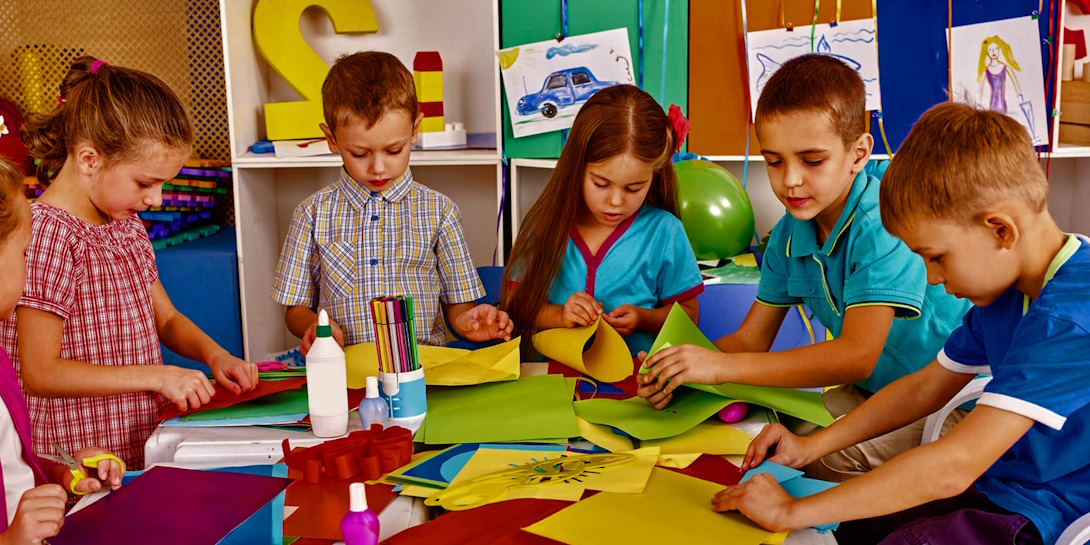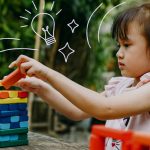
Is Kindergarten Needed For Children?
Parents grapple with the pivotal question of whether kindergarten is indispensable for their children’s early education. Such a question arises from a myriad of factors, including concerns about optimal developmental environments, awareness of alternative educational paths, global variations in practices, and a desire to set the stage for future success.
What are the advantages of visiting a kindergarten?
Socialization
Kindergarten provides an early structured environment for children to interact with peers, fostering crucial social skills like cooperation, sharing, and teamwork.
Academic Readiness
Exposure to early literacy and numeracy activities in kindergarten lays a foundation for academic success, helping children develop essential skills for future learning.
Emotional Development
The structured kindergarten setting supports emotional regulation and resilience, teaching children to manage emotions and navigate diverse social situations.
Independence
Kindergarten encourages independence as children learn to follow routines, manage tasks, and make choices within a supportive framework.
Language Development
Daily interactions in kindergarten contribute significantly to language development, enhancing vocabulary, communication skills, and the ability to express thoughts and ideas.

Creativity and Imagination
Kindergarten often incorporates creative activities that nurture a child’s imagination, encouraging them to explore, create, and think outside the box.
Physical Development
Structured play and physical activities in kindergarten contribute to gross and fine motor skill development, promoting overall physical well-being.
Cognitive Skills
Engaging in kindergarten promotes cognitive development, critical thinking, and problem-solving abilities essential for academic and life success.
Routine and Structure
Kindergarten establishes routines and structures, providing stability that helps children adapt to formal educational settings.
Early Identification of Needs
Teachers in kindergarten can identify early signs of learning challenges or developmental needs, allowing for timely intervention and support.
In essence, kindergarten offers a multifaceted approach to early education, addressing cognitive, social, emotional, and physical aspects crucial for a child’s well-rounded development.
Why don’t some parents prefer kindergarten?
Certain parents may harbor reservations toward kindergarten due to alternative educational philosophies they value, like homeschooling. Some parents feel that their child may not be developmentally ready for the structured kindergarten environment, preferring a more play-based or child-led approach to learning. Besides, concerns about early academic pressure and the potential for stress related to formal learning at a young age may lead parents to seek alternative, less academically focused approaches.









